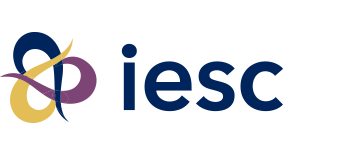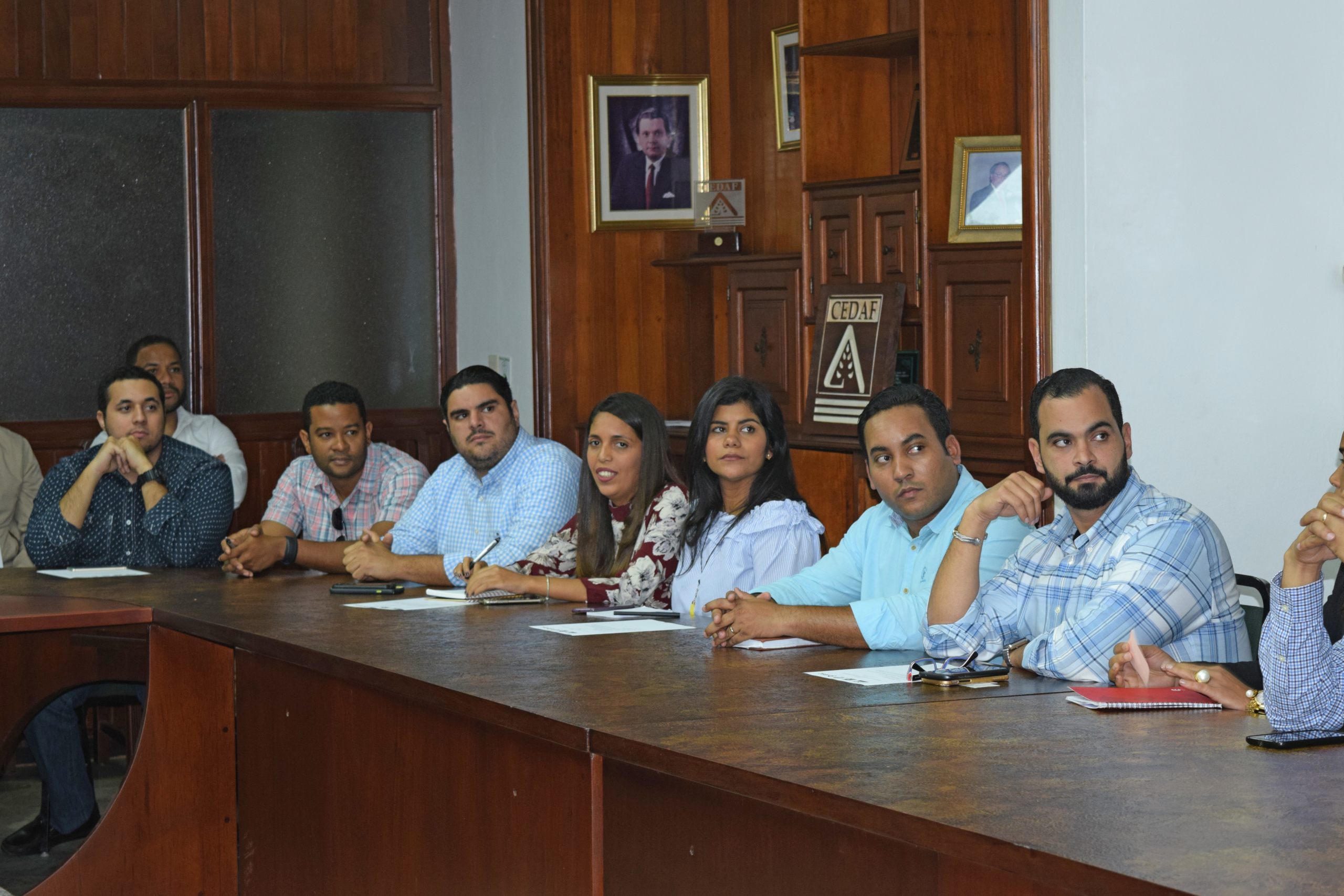Dominican Exporters Response to the COVID-19 Pandemic
Entrepreneurs Use the Power of Their Network to Adapt and Respond in a Crisis
Since November 2017, a group of more than 100 young entrepreneurs in Dominican Republic have formed a network for the purpose of exchanging technical knowledge, sharing experiences, and exchanging business contacts. The idea for the network emerged from a new generation of younger exporters wanting to change the status quo. In their view, business as usual in the country was hindering market expansion—they were eager to seize new market opportunities.
Formed with support from the Exporting Quality Program, the network has been learning, collaborating, and uniting through collective action. By its second year, the group had evolved into a diverse, multi-sectoral, and multi-actor network with members representing both public and private institutions.
After the World Health Organization determined COVID-19 to be a global pandemic on March 11, 2020, the Dominican government declared a national emergency and suspended all flights to and from Europe, China, and South Korea. The country’s high-quality and high-value fresh produce exports depend heavily on the cargo space of the passenger planes that carry six million tourists a year in and out of Dominican Republic. Companies’ survival was at stake, and entrepreneurs had to move quickly to find alternate transport options—and markets.
In crisis management, response time is critical. The progress made by these entrepreneurs to build strong foundations for their businesses could easily be dismantled in a matter of weeks. Facing this unprecedented disruption, the ingenuity and versatility of these young entrepreneurs was on full display. Before COVID-19, the network had already leveraged the messaging service WhatsApp to connect with one another, share learning, and report real-time information on issues such as local transportation constraints, market access, and packinghouse sanitation.
When COVID-19 hit, the WhatsApp group became a very effective communication tool for members to exchange timely information and optimize their response time. For example, when the government imposed a curfew and restrictions on internal travel, the director of the Dominican Agribusiness Board, Claudia Chez, leveraged WhatsApp to collect information required by authorities to issue permits to companies in need of transporting food products. The WhatsApp group was the perfect communication channel to reach more than 100 stakeholders at once.
Through this network and its use of technology, members receive direct and timely response and support from their peers and other private and public institutional members. The power of that connection has been incredibly valuable as the country manages its response to the COVID-19 pandemic.
The Dominican Republic Exporting Quality Program is funded by the U.S. Department of Agriculture Foreign Agriculture Service ‘Food for Progress’ initiative and implemented by IESC. The program is designed to increase productivity and sales for domestic and export markets of high-value fruit and vegetable global value chains. The program will provide technical assistance all along the value chain with capacity building activities including training on improved technologies and farm, land, and water resource management which will help producer groups, cooperatives, and their members meet international standards for safety, quality, and labeling. The program uses a combination of expanded traceability systems and intensive farmer training to ensure that food products being exported are grown, harvested, and handled under accountable sanitary conditions.


